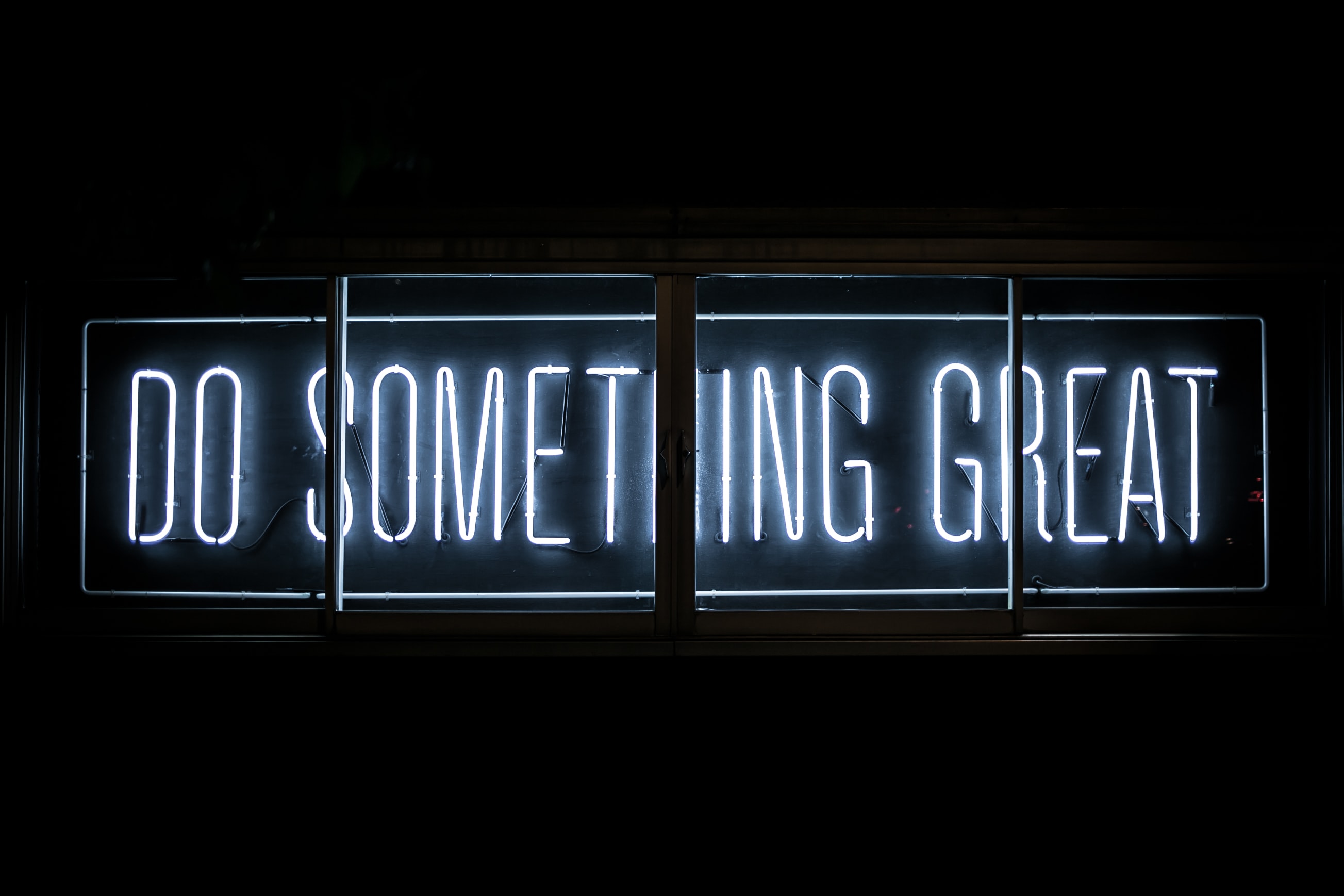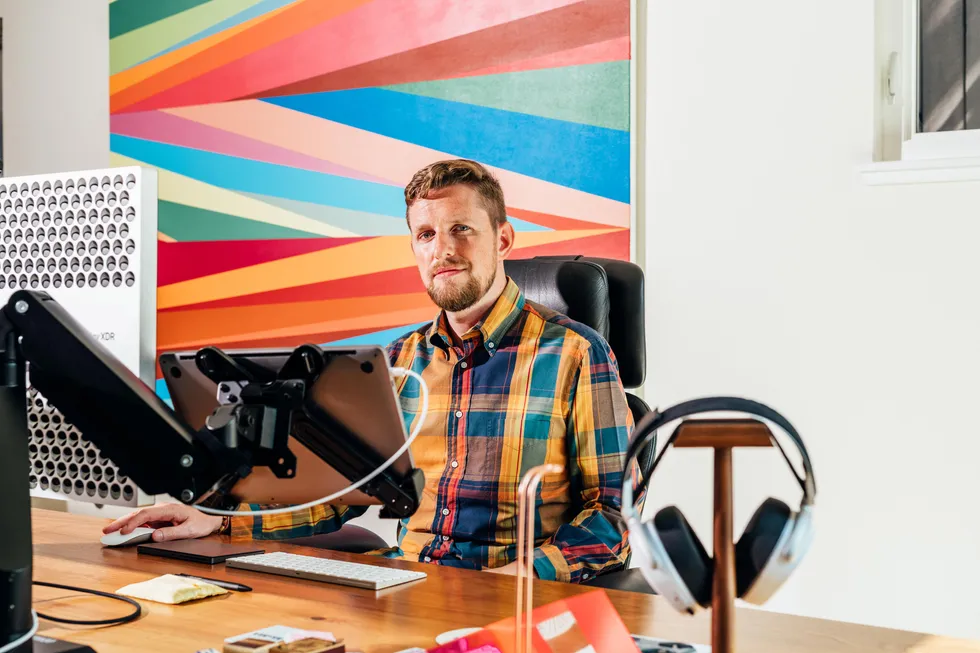That is the billion-dollar question!

It wasn’t that long ago when we thought a couple of million dollars was a lot of money, so it’s pretty amazing to be worth more than US$7,000,000,000? That’s a lot of zeros for a guy who initially trained to be a musician and then started a business in 2006 that helped develop free software underpinning 40% of websites on the internet!
Let’s leave the oxymoron of free software creating a billion-dollar business and focus on what this has got to do with actually learning music.
What’s this got to do with learning music?
The creator of WordPress.com and founder of its parent company Automattic, Matt Mullenweg attributes some of his success to the experience of learning and playing a musical instrument. It may actually be more than he thinks.
You’ve heard it before, learning music makes you smarter. Study after study shows that learning music builds non-musical abilities including speech perception, executive functions, reading, and emotion recognition. And, the earlier you start the better the outcome. That’s one of the reasons why I regularly explain to parents that researchers have found that children who are unable to hold a beat at 3 years of age are less likely to be able to read effectively by the age of 6 years. As educators, we all understand the value reading holds to future learning. But, it is long term music learning and making that really benefits kids.
As educators, we all understand the value reading holds to future learning. But, it is long term music learning and making that really benefits kids.
Now stay with me for a moment while I delve into a little bit of neuroscience. It’s considered that the brain operates more effectively when it is “synchronised”. Brain synchronisation refers to the observation that brainwaves work together or synchronise over the left and right sides of the brain. It turns out that “we found that high synchronisers had, overall, more years of musical training than low synchronisers.”
This finding supports other studies that have found that music learning enhances brain synchronisation. So really, it is no wonder that many people who learn music from a young age through to their late teens are likely to have an advantage over those who don’t.
Back to our seven billion dollar story. Matt Mullenweg’s family were just like most families. He grew up in Houston (USA), along with his sister. His mum managed the family and his dad worked as a computer programmer. As a teenager, Matt had toyed with the idea of a career as a musician, whilst attending a performing arts high school. The school produced talented students, singer and performer, Beyoncé, also attended the same school before she joined “Destiny’s Child”. Matt told NPR reporter, Guy Raz (“How I Built This” – Podcast), that playing gigs, “was the first way I really earned money”.

Raz went on to ask Matt about building and promoting WordPress and how he dealt with self-esteem and in particular self-doubt. Mullenweg shared three experiences that assisted him. The first was having a really loving and supportive family. The second was performing music. He said, “you would get on stage a couple of times a week and you know, it’s terrifying, but you learn how to breathe. You learn how to take a few deep breaths and you go for it.” The third experience was doing some charity work every week.
“you would get on stage a couple of times a week and you know, it’s terrifying, but you learn how to breathe. You learn how to take a few deep breaths and you go for it.”
Parents and teachers understand how essential self-esteem and confidence are for academic outcomes. Whilst there are many ways to improve both, learning and playing music with others provides another important way to develop these areas of teenage life.
The initial software for WordPress that Mullenweg developed is provided free to anyone. It is called open-source web software. He said the interplay and collaboration then camaraderie that came from playing with other musicians transferred over to building software with others. He believes that learning to improvise as well as playing and listening to others helps in work collaborations. He said, “everyone’s kind of playing off the other musicians and I guess that’s a similar kind of thing with open-source coding.”
There are three takeaways from this success story:
- Nurture and develop talented students, the music that they make may not end up being their career, but it will give them a head start in many other areas.
- Teach improvisation. It develops the brain’s creative abilities.
- Encourage collaborative playing. It helps students to listen and work together.
Join Paul at the Piano Teachers Summit in Melbourne on July 8th and 9th for his wonderful sessions on Whole Body Learning and The Reading Tree.
